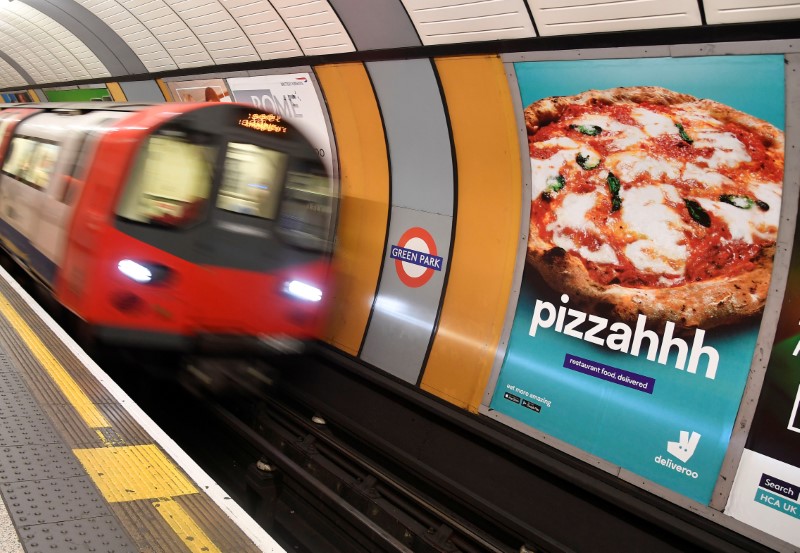By Geoffrey Smith
Investing.com -- The precipitous drop in U.K. economic activity stopped in November as the return of orthodox fiscal policy under new Prime Minister Rishi Sunak eased fears of runaway inflation and higher interest rates.
However, the outlook for the coming months remained bleak as new orders to private-sector companies fell the most in nearly two years, S&P Global said in its monthly survey.
S&P said on Wednesday its composite purchasing managers index ticked up to 48.3 in November from 48.2 in October, having been in a downward trend since March. The PMIs for manufacturing and services were both unchanged at 46.2 and 48.8, respectively. Typically, an index reading below 50 signifies that activity is falling. S&P's U.K. manufacturing PMI has now been below that level for four months.
S&P said the stabilization in its indices owed more to improved expectations, notably with regard to political stability, rather than to current developments in business. These continued to deteriorate, albeit at a more moderate pace than in recent months.
"A number of firms noted that fewer instances of supply shortages had helped to support production volumes during November," S&P noted.
S&P economist Chris Williamson said the company's last two monthly surveys were consistent with a 0.4% drop in gross domestic product in the current quarter, putting the U.K. on track to meet the technical definition of a recession after a modest decline set in already in the summer.
"Forward-looking indicators, notably an increasingly steep drop in demand for goods and services, suggest the downturn will deepen as we head into the new year," Williamson said.
